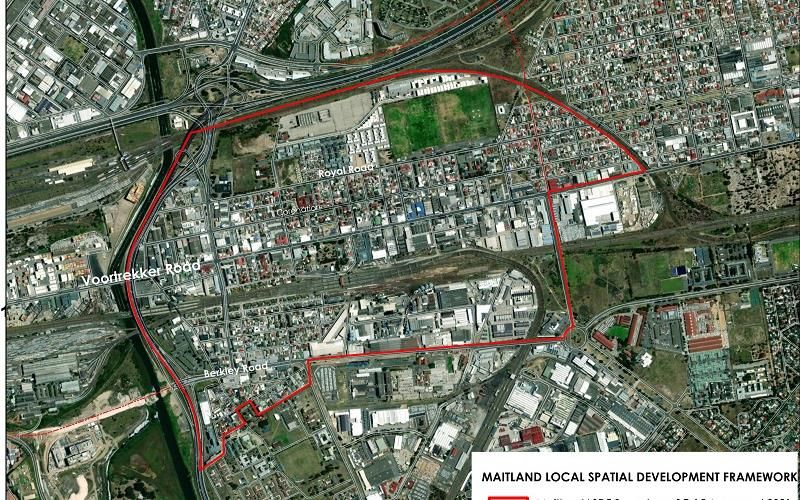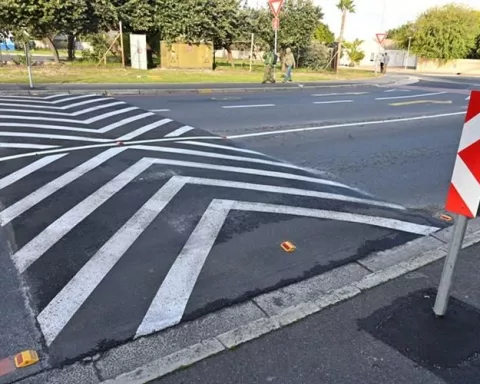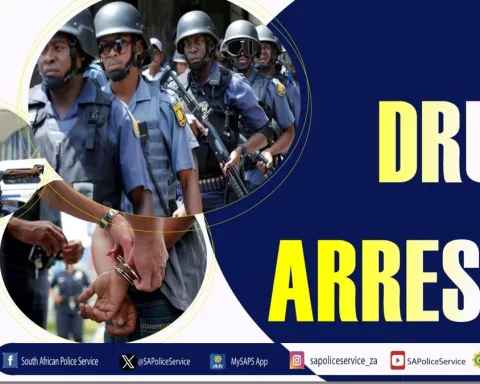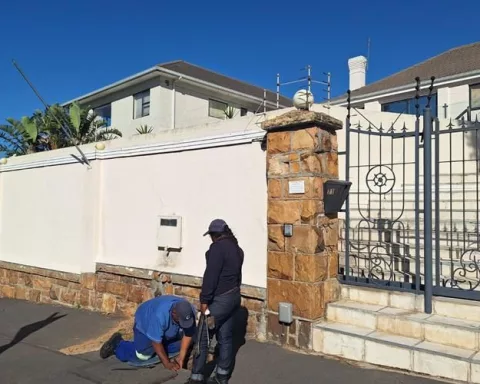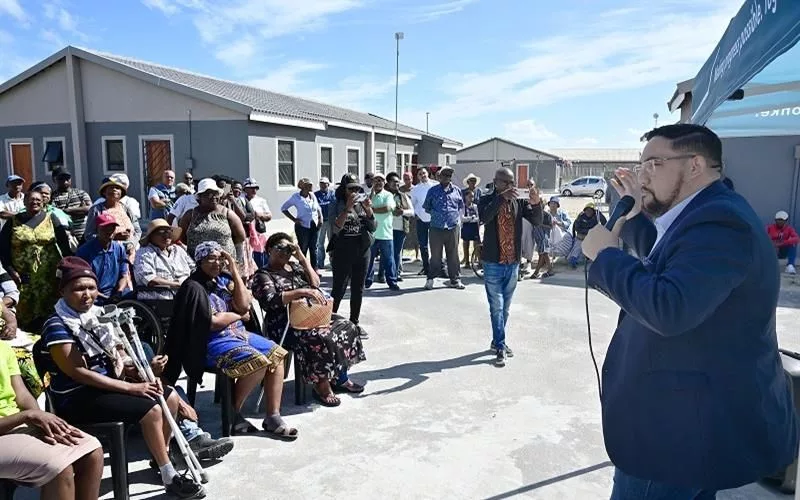The City of Cape Town has unveiled an ambitious plan for Maitland’s urban renewal, aiming to breathe new life into the area. The plan includes stimulating growth in public infrastructure, fostering sustainable city regeneration, and promoting job creation. The LSDF, driven by the community, considers the area’s unique opportunities and challenges, and includes key goals such as enhancing road infrastructure and pedestrian accessibility, harnessing the Black River for new opportunities, and creating integrated communal spaces. The LSDF marks a significant stride towards realising the vision of a ‘City of Hope’ for Maitland and the wider Cape Town area.
Revitalising Maitland: Unveiling a Collective Vision for Urban Renewal. The City of Cape Town’s Council has revealed an ambitious vision for Maitland, one of its key urban nodes experiencing rapid development. The Council’s approved local spatial development framework (LSDF) for Maitland charts out a comprehensive plan designed to breathe new life into the area.
Maitland’s Urban Transformation: A New Blueprint
The City of Cape Town’s Council has revealed an ambitious vision for Maitland, one of its key urban nodes experiencing rapid development. The Council’s approved local spatial development framework (LSDF) for Maitland charts out a comprehensive plan designed to breathe new life into the area. The plan focuses on stimulating growth in public infrastructure, fostering sustainable city regeneration, and promoting job creation.
Maitland, located in the heart of Cape Town’s urban centre, holds significant strategic importance. It acts as a development hotspot and an economic activity nucleus within the Urban Development Zone. This beneficial location offers tax advantages, further appealing to sustainable urban regeneration initiatives.
The formulation of the LSDF was driven by the community, taking Maitland’s unique opportunities and issues into consideration. The area faces several challenges, including a burgeoning population, an ageing infrastructure, and the ongoing risk of localised flooding from the Black River. On the other hand, the area’s prime location, access to major labour markets, close proximity to various transit modes, and adaptable zoning policies provide ample opportunities for development.
Engaging Stakeholders: A Community-Inclusive Approach
Valuable insights from local inhabitants, the business sector, and key stakeholders played a crucial role in shaping the LSDF. The Council embraced a highly participatory approach by arranging multiple public engagements and inviting the public to comment throughout the draft process. One significant contributor was Alderman Eddie Andrews, the City’s Deputy Mayor and Mayoral Committee Member for Spatial Planning and Environment.
The LSDF acts as an architectural plan for Maitland’s future, a guiding beacon in setting its growth path. The City will apply this framework to make knowledgeable decisions about developmental applications and land usage for Maitland in the upcoming years.
Although Maitland holds a strategic location with promising potential, it faces numerous obstacles. The deterioration of passenger rail, continuous power cuts, ageing infrastructure, and certain physical limitations like the Black River flood line hinder the area’s expansion. The LSDF, as a policy tool, seeks to guide both public and private investments to capitalise on Maitland’s potential and alleviate these effects.
From Obstacles to Opportunities: Key Objectives of the LSDF
The framework outlines several key goals to aid in the area’s regeneration. These include setting up Maitland as the gateway to Voortrekker Road, a development path and activity route, prioritising road infrastructure enhancements, increasing pedestrian safety and accessibility, harnessing the Black River as a source for new opportunities, and promoting improved access and connectivity through the creation of inclusive and integrated communal spaces.
The LSDF includes a wide array of elements, ranging from intricate maps showing current and projected infrastructural features, guidelines for land use management, spatial suggestions for urban space enhancement, to an exhaustive implementation plan detailing City projects at various developmental stages.
Aligning Visions: The Maitland LSDF and Broader Frameworks
The Maitland LSDF is an all-inclusive spatial vision that aligns with the wider spatial development guidelines outlined in the Table Bay District Spatial Development Framework and the City’s Municipal Spatial Development Framework. It marks a significant stride towards actualising the vision of a ‘City of Hope’ for both Maitland and the larger Cape Town area.
This transformational urban blueprint for Maitland exemplifies the power of community collaboration in determining the future of cities. It strikes a balance between tapping into the area’s potential and addressing its challenges, laying out a sturdy roadmap for Maitland’s urban development in future years.
What is the LSDF and what does it aim to achieve in Maitland?
The LSDF is the local spatial development framework approved by the City of Cape Town’s Council for Maitland’s urban renewal. Its aim is to stimulate growth in public infrastructure, foster sustainable city regeneration, and promote job creation while taking into account the area’s unique challenges and opportunities.
How was the LSDF formulated and who contributed to it?
The LSDF was developed with a highly participatory approach that involved valuable insights from local inhabitants, the business sector, and key stakeholders. The community was invited to comment throughout the draft process, and Alderman Eddie Andrews, the City’s Deputy Mayor and Mayoral Committee Member for Spatial Planning and Environment, was a significant contributor.
What are the key objectives of the LSDF for Maitland’s regeneration?
The LSDF aims to set up Maitland as the gateway to Voortrekker Road, prioritise road infrastructure enhancements, increase pedestrian safety and accessibility, harness the Black River as a source for new opportunities, and promote improved access and connectivity through the creation of inclusive and integrated communal spaces.
What obstacles does Maitland face in its urban regeneration?
Maitland faces several challenges, including a burgeoning population, ageing infrastructure, the risk of flooding from the Black River, and physical limitations in its expansion due to deteriorating passenger rail and power cuts.
How does the LSDF align with broader spatial development frameworks in Cape Town?
The Maitland LSDF aligns with wider spatial development guidelines outlined in the Table Bay District Spatial Development Framework and the City’s Municipal Spatial Development Framework, marking a significant stride towards actualising the vision of a ‘City of Hope’ for both Maitland and the larger Cape Town area.
What role does community collaboration play in determining the future of cities?
The transformational urban blueprint for Maitland exemplifies the power of community collaboration in determining the future of cities. The LSDF strikes a balance between tapping into the area’s potential and addressing its challenges, laying out a sturdy roadmap for Maitland’s urban development in future years.

